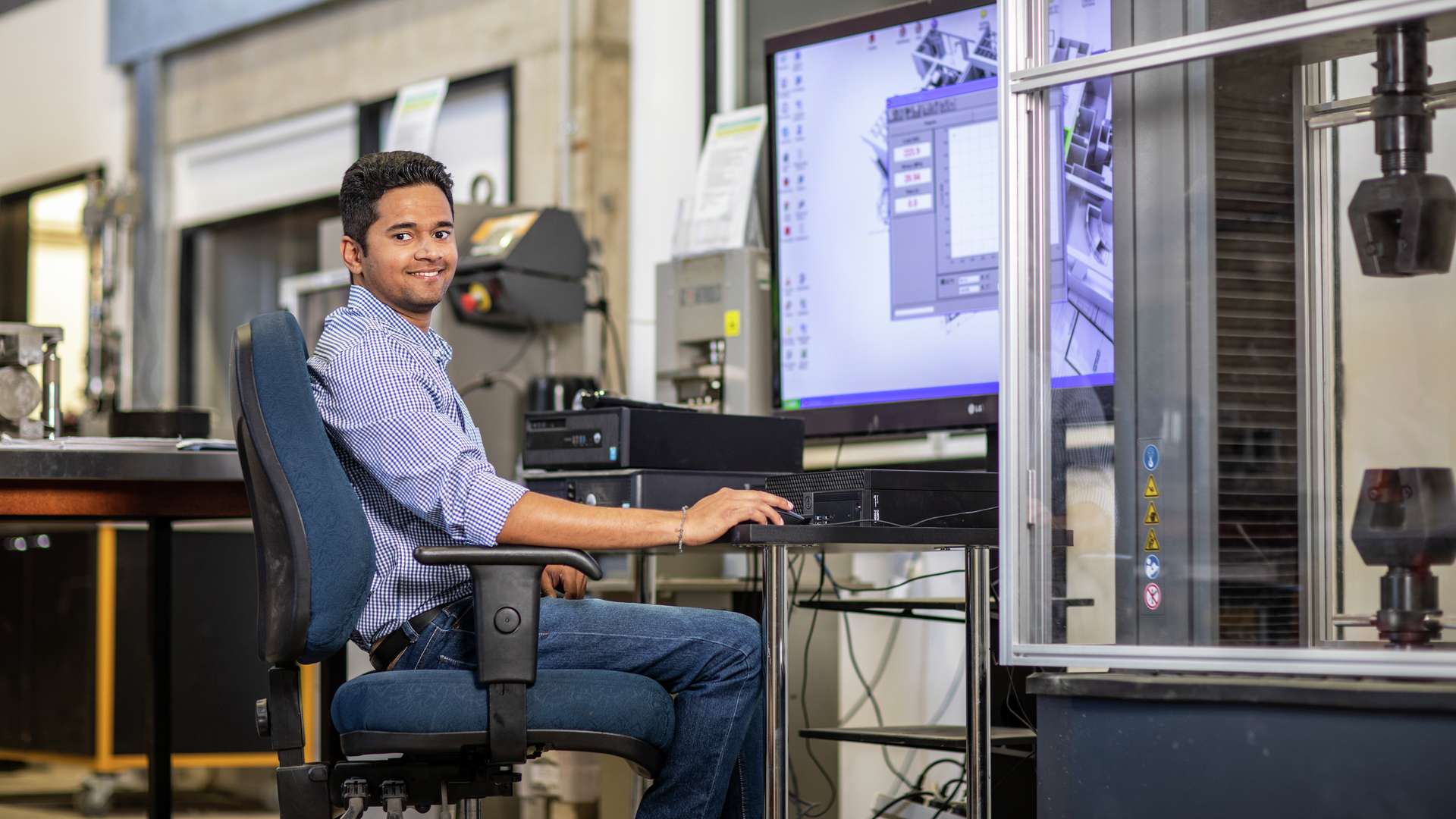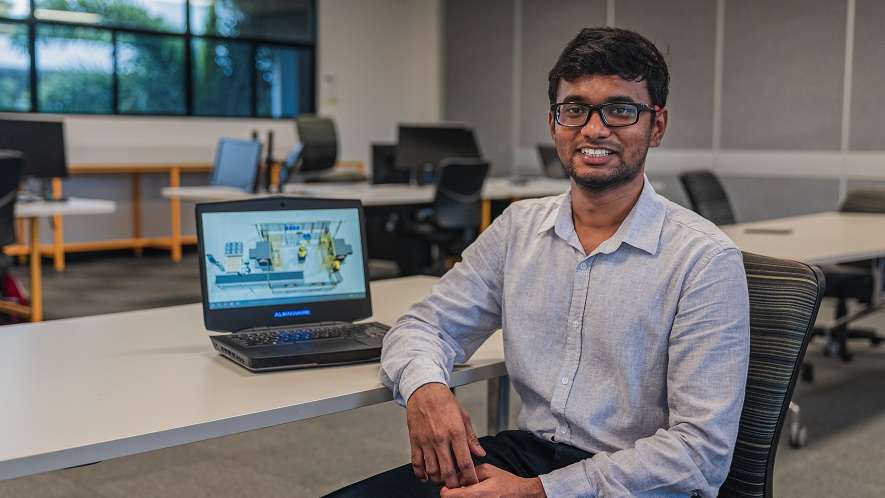Master of Engineering
Duration
2 years full-time, 4 years part-time
Location
Online
Next start term
Term 3, 2025
Study mode
On Campus, Online
Course code
CV82
First-year fee
$31,980 (2025 Indicative) (FFP)

Overview
Study Experience
Discover more about your industry-accredited Master of Engineering and how you'll benefit from a 12 week internship and ongoing professional development opportunities throughout your course. Click 'Explore Study Experience' for more information.
- Industry Accredited
- Internship
- Online or On Campus
- Professional Development
- Residential Schools
- Study Full-time or Part-time
Structure & Availability
Requirements
Fees & Scholarships
Please Select

